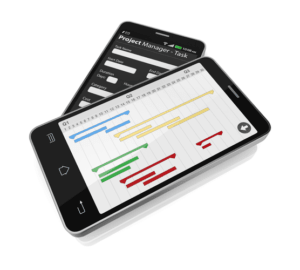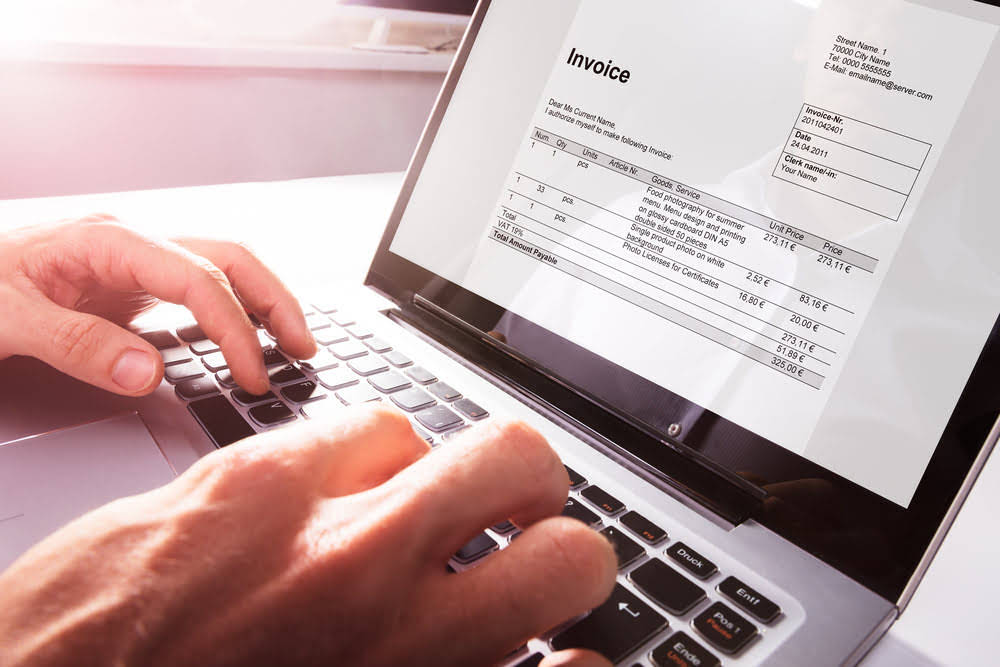
Hiring an accountant might be suitable for general financial management and tax preparation, whereas a CPA can offer specialized expertise, particularly in complex financial situations. A fiduciary is a person or entity with legal authority to act on behalf of another. CPAs are considered to have the legal responsibility and authority to act in the best interests of their clients. Even if they adhere to specific ethical standards, accountants who do not hold a CPA license are not considered fiduciaries for their clients. If you already have a bachelor’s degree, Franklin’s master’s degree in accounting can help you reach the required 150 credit hours to sit for the CPA exam.
Accountant and Auditor Salary Analysis

Understanding the educational requirements for each career path is essential for making informed decisions about your professional development strategy. For those interested in exploring accounting programs by state, our comprehensive directory provides detailed information about campus and online options. Only Enrolled Agents, CPAs, and attorneys can represent you fully in an IRS audit. Fee-based investment advisors (a particular subset of financial advisors), however, are typically held to a fiduciary standard.
Professional Networking and Resources

CPAs are licensed by state boards of accountancy after passing the rigorous Uniform CPA Examination. They are also required to meet ongoing continuing education requirements to maintain their licensure. An accounting professional who has earned the CPA designation can take on a broader range of career paths than someone who is not a CPA.
Licensure, education, and training
For example, the responsibilities of a CPA include establishing and updating accounting policies, overseeing internal audits and reporting accuracy. Read on to learn about what degrees, exams, and certifications you need to work in accounting. A bachelor’s degree is typically required to be an accountant, according to the BLS. If you want to be a CPA, you’ll need a bachelor’s degree and at least 150 hours of college credit. According to the BLS, however, accountants and auditors as a general group — including those without certification — earn a median annual salary of $79,880 as of May 2023.
Career Path and Licensing Requirements for CPAs
To pursue a career in accounting, a bachelor’s degree in accounting or a related https://thelatestarticle.com/s/bookkeeping-for-massage-therapy-clinics-in-2024/ field is typically needed, covering subjects like financial reporting and auditing. Courses explore accounting principles, business law, and ethics, offering a solid foundation in financial practices. An accountant is a professional trained in bookkeeping, financial reporting, and analysis.
CPA vs Regular Accounting: Understanding the Difference and Which is Right for You or Your Business
- CPAs are required to maintain their license by fulfilling continuing education requirements throughout their careers.
- Integrity Network members typically work full time in their industry profession and review content for Bestcolleges.com as a side project.
- CPAs engage in advanced financial analysis, budgeting, internal auditing, tax planning, and management consulting.
- These statements, like balance sheets and income statements, show an entity’s financial health.
- This includes public accounting firms, corporations, government agencies, non-profit organizations, healthcare, technology, manufacturing, and many other sectors.
- CPAs, however, are authorized to give more comprehensive financial advice, including tax planning, auditing, and long-term financial strategies.
Additionally, individual states have different requirements, including requiring CPA candidates to be a United States citizen and to have a social security number. States also have individual education requirements and may specify that applicants must earn their total credit hours within a certain timeframe. Additionally, states often require CPA candidates to have a certain amount of difference between a cpa and an accountant experience, such as two years’ experience working with a supervising CPA. Following that, you sit for a four-part exam, with each part requiring four hours to complete.
Differences Between Accounting vs CPA

Typically, accountants need at least a bachelor’s degree in accounting or a related field. Some employers prefer candidates with a master’s degree and certain professional certifications. To succeed in this competitive field, accountants need a solid understanding of math and data analysis principles, strong organizational skills, an analytical mindset, and accounting software proficiency. A CPA is a licensed accountant who has met state-specific education and experience requirements, passed the CPA exam, and adheres to a code of ethics.

Role and Responsibilities of an Accountant
- To become a CPA, you typically need to complete 150 credit hours of education, which often includes earning a bachelor’s degree in accounting.
- ” While the terms CPA and accountant are often used interchangeably, they are not the same thing.
- While both accountants and CPAs manage financial tasks, a CPA vs Accountant brings unique strengths to their roles.
- In fact, according to data from the Bureau of Labor Statistics (BLS), and CPA licensure data, only about 50% of accountants in the United States are actively licensed CPAs.
- Because they’re authorized to perform specialized services, CPAs have access to extensive career openings in the accounting field.
- By understanding these distinctions, you’ll enhance your financial strategies and make informed decisions.
The CPA exam includes auditing & attestation, financial accounting & reporting, regulation, and business environment & concepts. A CPA also provides in-depth consulting in areas like financial forensics and internal controls. As licensed professionals, CPAs must complete continuing education and adhere to ethical guidelines, which are set by the American Institute of Certified Public Accountants (AICPA). Accountants and auditors earn a median annual salary of $79,880 as of May 2023, according to the BLS. If you’re willing to take on the rigorous educational, work experience, and exam requirements, earning a CPA license can pay off in the long run. The certification process is the main difference between CPAs and accountants.
You will need an accountant to maintain financial records, manage payments, and plan your taxes. In fact, according to data from the Bureau of Labor Statistics (BLS), and CPA licensure Oil And Gas Accounting data, only about 50% of accountants in the United States are actively licensed CPAs. Accountants are essential for maintaining accurate financial records and providing insights into a business’s financial performance. However, their scope of work may be limited when it comes to certain advanced or regulated financial activities.




